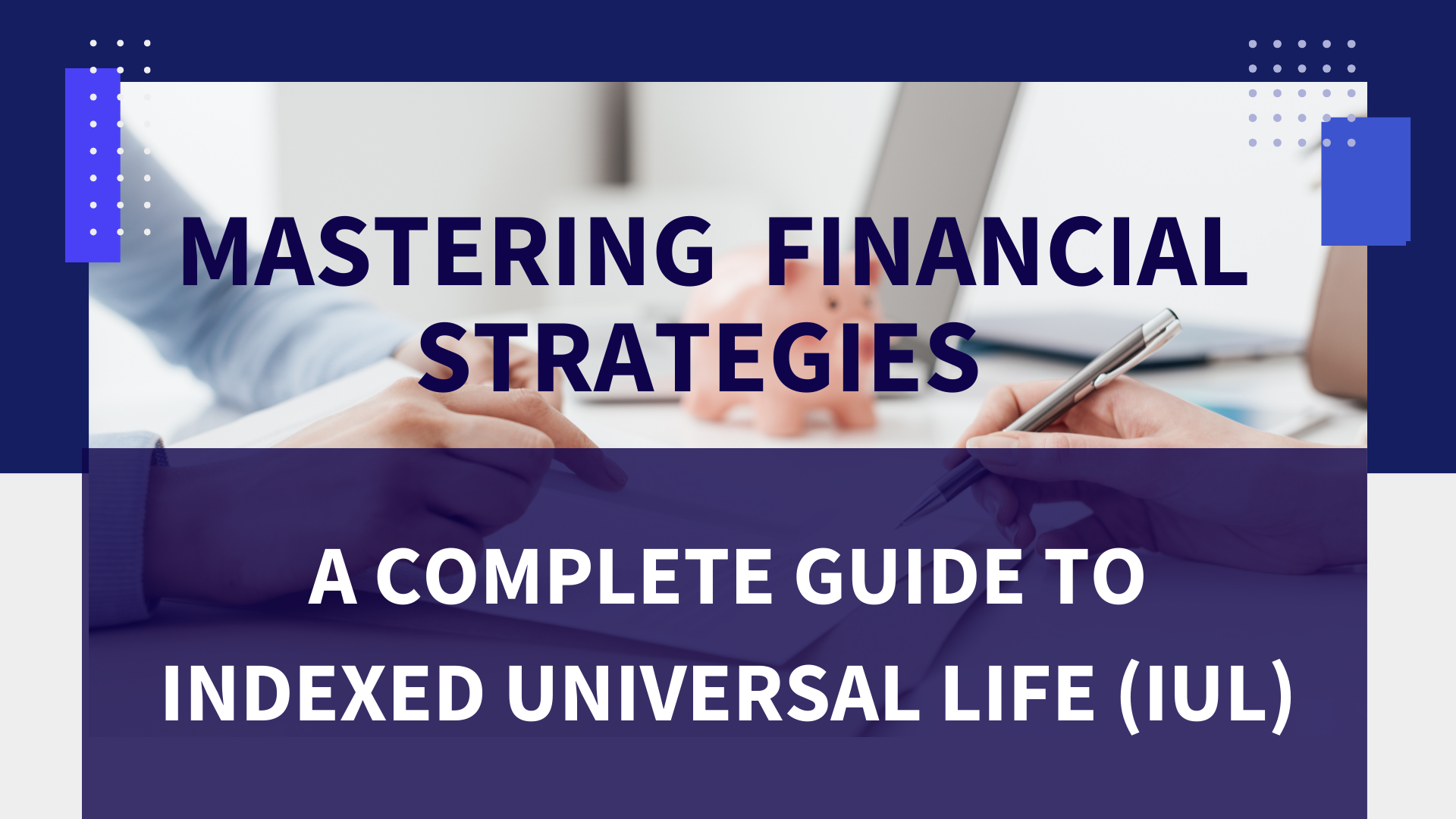
Estate planning is essential for everyone who owns any type of property and who would like to preserve their assets for the benefit of future generations. This is because if no specific plans are put in place, all the assets that you worked so hard to acquire may end up in the hands of strangers or in the hands of the government instead of going to your loved ones.
The recent tax reform package introduced by the Trump administration have implications for estate planning and should be carefully noted.
What is changing in 2018
The purpose of an estate tax is to levy a tax on money or property transferred from wealthy individuals to their heirs. The new tax laws raised the exemption to $11 million for an individual, and $22 million for a married couple.
Under the new laws, the tax exemption amounts for Federal estate , gift and generation-skipping transfer have doubled from just above $5 million to just above $10 million per individual.
For couples, that amount can be actually doubled so that both persons would receive a total exemption of as high as $22.4 million. In addition, the amounts are adjustable based on inflation figures. The new exemption amounts remain applicable until December 31, 2025 after which time the exemption amount will be up for revision.
This tax reform could very well lead to an increase in the volume of gift-giving through trusts, philanthropy and through life insurance. No doubt this tax reform package will work in the favor of high net worth individuals who want to shelter their estate from taxes as much as possible. But it will also be beneficial for the ordinary individual looking to preserve asset value for future generations.
Trusts and estate planning
The new exemptions essentially nullify the tax benefits of putting assets in trusts, which became popular in the 1990’s. Those planning vehicles have now lost their value and other strategies for asset protection above the exemption limits will have to be sought.
However, there are some other reasons why some individuals may want to put their assets into a trust – a legal entity that can own your assets, and will be controlled based on the wishes you outline. For example, an individual could put their assets in a trust that dictates how an heir, including a child, can access them. Essentially, a trust is a way to prevent your wealth and assets being used in ways of which you wouldn’t approve. It can be an advantage, but only if you’re concerned about the oversight or care of those assets.If you’re unsure of the best way to structure your assets, get in touch with a skilled financial advisor to help determine the ideal strategy for your situation.
Why is estate planning so important?
For wealthy individuals with a lot of assets or property, it’s important to make a plan for what happens to your wealth when you pass away. To put it frankly: If you die with no plans, your estate will get stuck in the probate process and your assets will be distributed based on the laws of the state rather than as according to your wishes, or your relationships. In order to take care of your family and ensure that your assets are given away based on those who need and deserve it most.
Leave a Reply
Your email address will not be published. Required fields are marked *
Leave a Reply
We will get back to you as soon as possible.
Please try again later.
RECENT POSTS



RECENT COMMENTS
ARCHIVES
CATEGORIES
META
ALL RIGHTS RESERVED© TOROPOINT 2024


